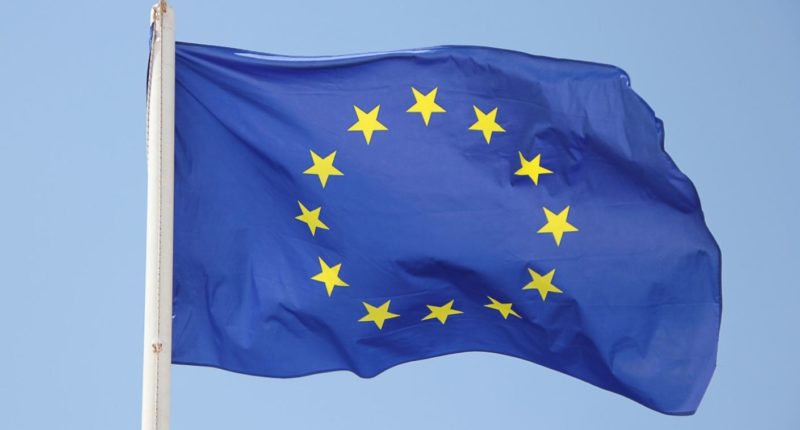The European Parliament has approved new reforms for charging that demand that all mobile phones, tablets and cameras sold in the EU must be equipped with a USB Type-C charging port. This transition to a single standard charger across devices has to occur by the end of 2024, and from spring 2026, this reform will extend to laptops as well. The reform, which is part of a broader EU effort to reduce e-waste and save up to 250 million euros annually, was passed by an overwhelming majority in the European Parliament with 602 votes in favour, 13 against and 8 abstentions. However, they are not applicable to products that entered the market before the date of application.
This means that once these changes are implemented, users will be able to use a single charger across multiple small and medium-sized portable electronic devices, regardless of their manufacturer, and speed will no longer be an issue – all devices that support fast charging will now have the same charging speed.
According to a press release, the list of devices includes mobile phones, tablets, digital cameras, headphones and headsets, handheld videogame consoles and portable speakers, e-readers, keyboards, mice, portable navigation systems, earbuds and laptops that are rechargeable via a wired cable and operate with a power delivery of up to 100W.
“The common charger will finally become a reality in Europe. We have waited more than ten years for these rules, but we can finally leave the current plethora of chargers in the past. This future-proof law allows for the development of innovative charging solutions in the future, and it will benefit everyone – from frustrated consumers to our vulnerable environment. These are difficult times for politics, but we have shown that the EU has not run out of ideas or solutions to improve the lives of millions in Europe and inspire other parts of the world to follow suit,” said Alex Agius Saliba, Maltese politician and MEP, on the issue.
The new charging reform acts as the sequel to the legislative proposal that the Commission had tabled in September 2021 and an earlier agreement among EU institutions. The Parliament has advocated for such a reform for years, much to the vexation of companies such as Apple. The Cupertino-headquartered tech giant has already felt the first bite of the new rules as it will have to change the charger for its iPhones in the EU from autumn 2024 in order to comply with the new rules.
“As wireless charging becomes more prevalent, the European Commission will have to harmonise interoperability requirements by the end of 2024, to avoid having a negative impact on consumers and the environment. This will also get rid of the so-called technological “lock-in” effect, whereby a consumer becomes dependent on a single manufacturer,” the press release read, adding that dedicated labels will inform consumers about the charging characteristics of new devices.
